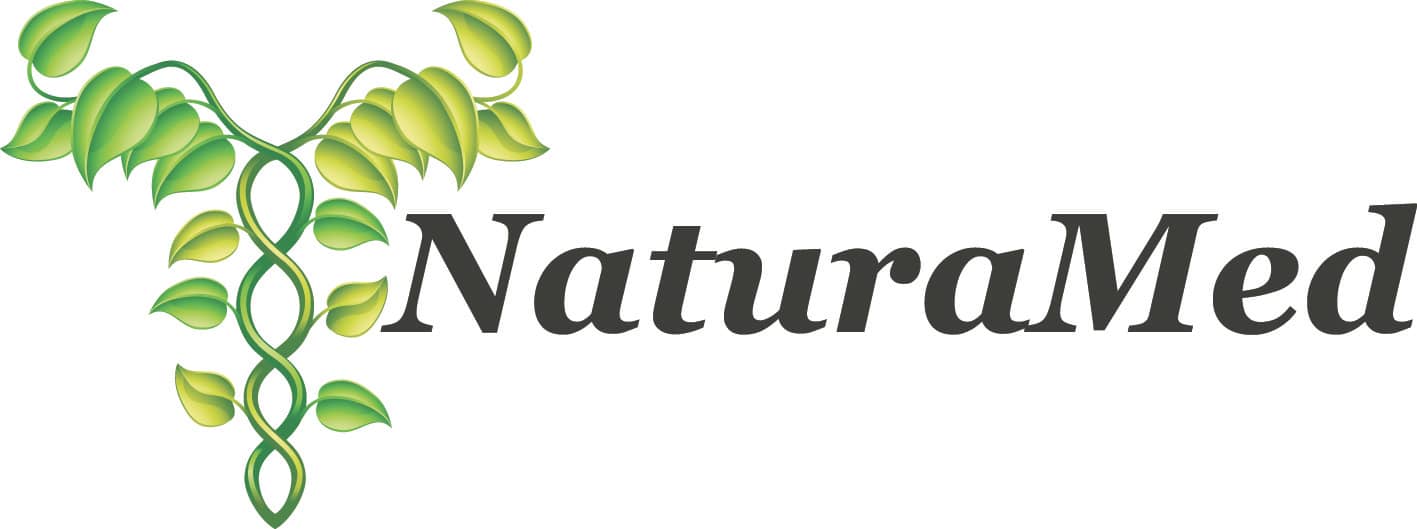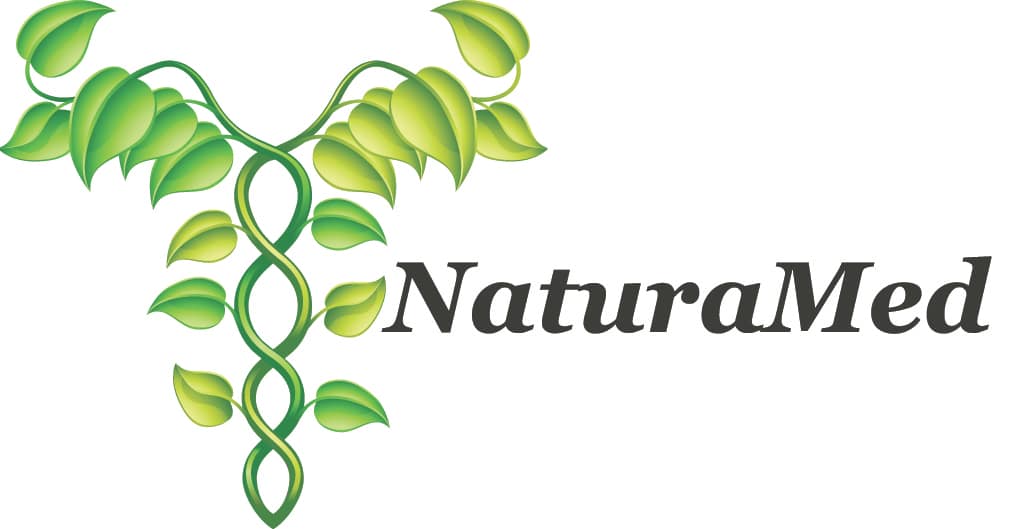Emotional Stress
If you often feel overwhelmed by emotional stress, don’t just put up with it, seek professional help. Many approaches can be used, from Bach flowers, psychotherapy and neurofeedback to cardiac coherence, meditation, practical kinesiology and the Emotional Freedom Technique (EFT), to name but a few. The best one is the one that’s right for you! We’ve been specializing in stress modulation for 35 years, with an approach that combines or specifically employs Qi-gong (a kind of tai chi), cardiac coherence, meditation and practical kinesiology.

The different types of stress
Emotional stress is a common phenomenon in our busy lives. It can manifest itself in many different ways, including performance stress, post-traumatic stress, anticipatory anxiety and the circumstantial stress of everyday life. In this article, we’ll explore these different forms of emotional stress and provide information accessible to everyone on how to manage them.
Performance stress
Performance stress arises when we are faced with situations that require optimum performance, whether in our work, studies, sporting activities or even public presentations. This type of stress can be motivating, as it pushes us to give our best. However, too much performance stress can lead to anxiety, nervousness and difficulty concentrating.
To manage performance stress, it’s important to prepare adequately for the task in hand. This can include time management techniques, relaxation strategies, practicing deep breathing or using positive visualization methods. It’s also useful to remember that nobody is perfect and that mistakes are part of learning.
Post-traumatic stress
Post-traumatic stress occurs following a traumatic event, such as an accident, an act of violence or an experience of war. People with PTSD may experience flashbacks, nightmares, anxiety and insomnia. These symptoms can interfere with their daily life and general well-being.
Treatment for post-traumatic stress may involve a combination of individual therapy, social support and medication if necessary. Cognitive behavioral therapy (CBT) is often used to help individuals reprocess their traumatic experience and develop more adaptive stress management mechanisms.
Anticipatory anxiety
Anticipatory anxiety stress occurs when we feel anxious about a future situation, such as a job interview, exam or important social gathering. This type of stress can be accompanied by negative thoughts, insomnia and a general feeling of discomfort.
To manage anticipatory anxiety stress, it’s helpful to prepare as much as possible for the situation in question. This can include relaxation practices, re-evaluating negative thoughts into positive, realistic ones, as well as techniques for concentrating on another object of attention, such as physical exercise or participation in activities that soothe the mind.
Circumstantial stress in everyday life
Circumstantial life stress is related to the challenges and responsibilities of everyday life, such as work pressures, relationship difficulties, financial problems or family worries. This type of stress can build up over time and have a negative impact on our physical and emotional well-being.
Managing the circumstantial stress of everyday life often involves implementing self-care strategies. This can include adopting healthy lifestyles, such as a balanced diet, regular physical activity and adequate sleep. Setting clear boundaries, practicing relaxation, managing time and seeking social support are also important elements in coping with daily stress.
In conclusion
Emotional stress can take many forms, such as performance stress, post-traumatic stress, anticipatory anxiety and the circumstantial stress of everyday life. It’s essential to recognize the signs of stress and implement appropriate management strategies. If stress becomes overwhelming or interferes with your quality of life, it is advisable to seek the help of a health professional or therapist specializing in stress management. Taking care of our emotional well-being is essential to leading a balanced and fulfilling life.
See also: Benefits of Meditation
Start taking charge of your health

Naturopath, homeopath, massage therapist (retired!), stress coach and practical kinesiology
Consultations / Conferences / Workshops
Jean-Pierre Deschênes, n.d., h.d., mt.d, coach stress, pract.kin.

Empowerment on your health, with mindfulness
